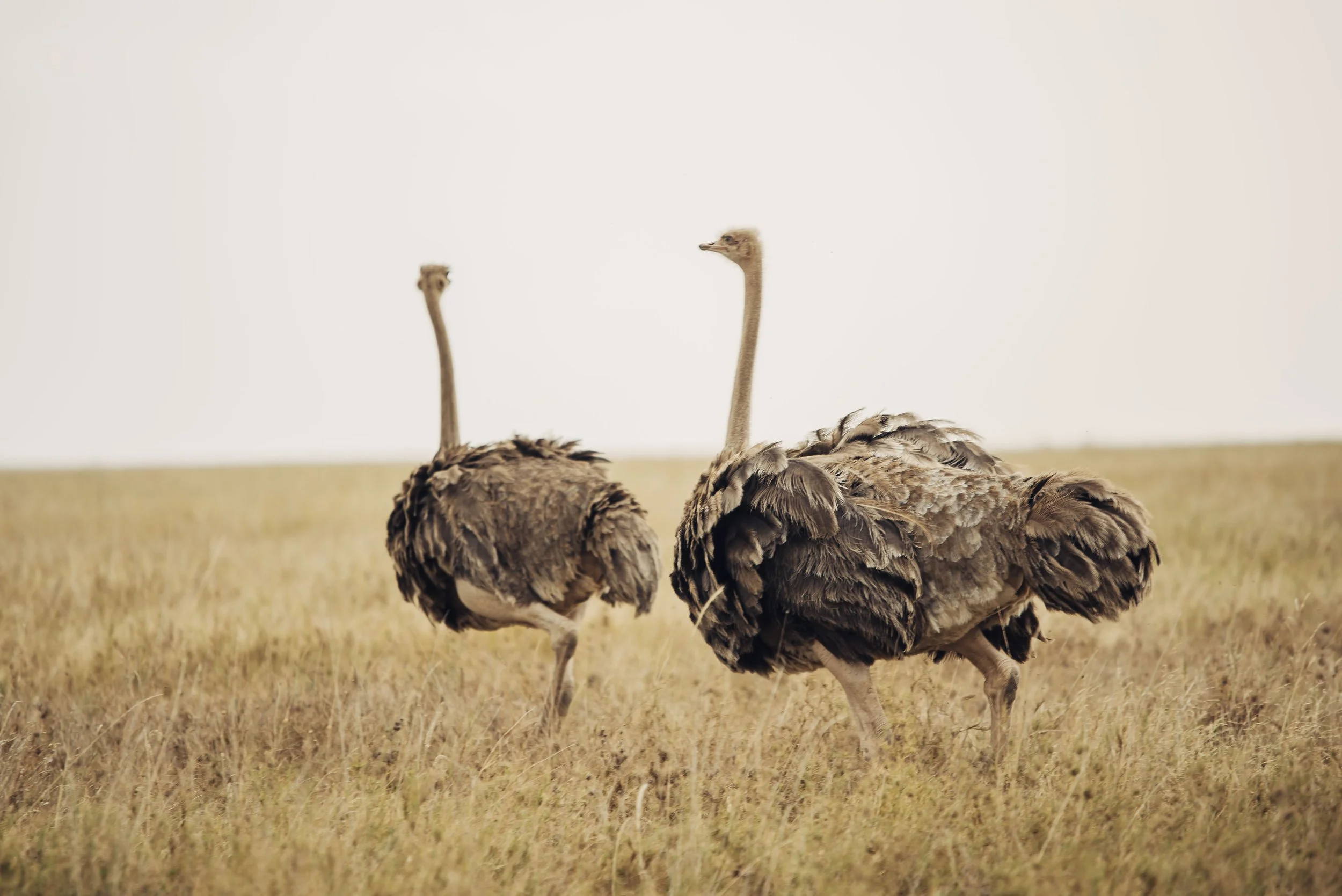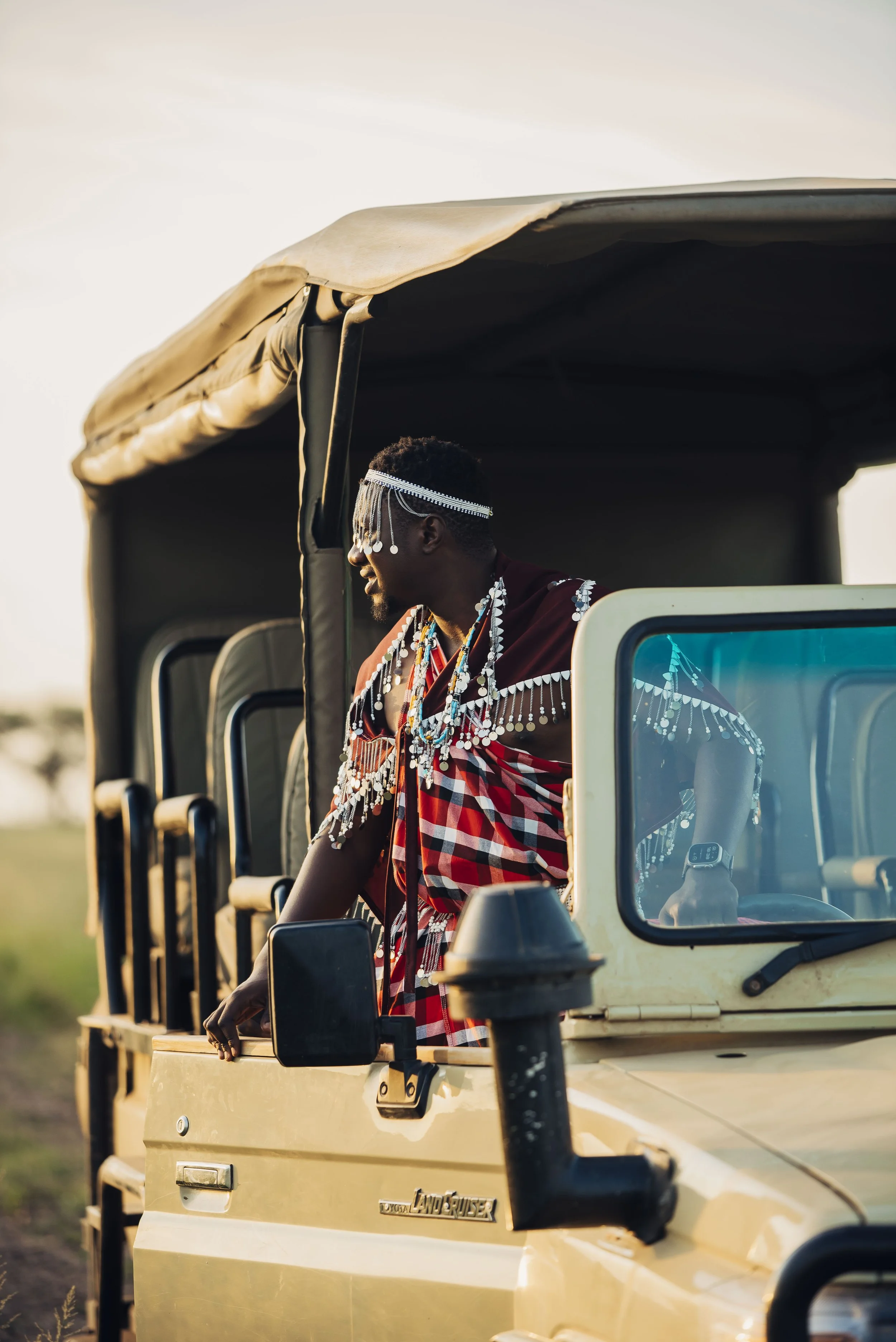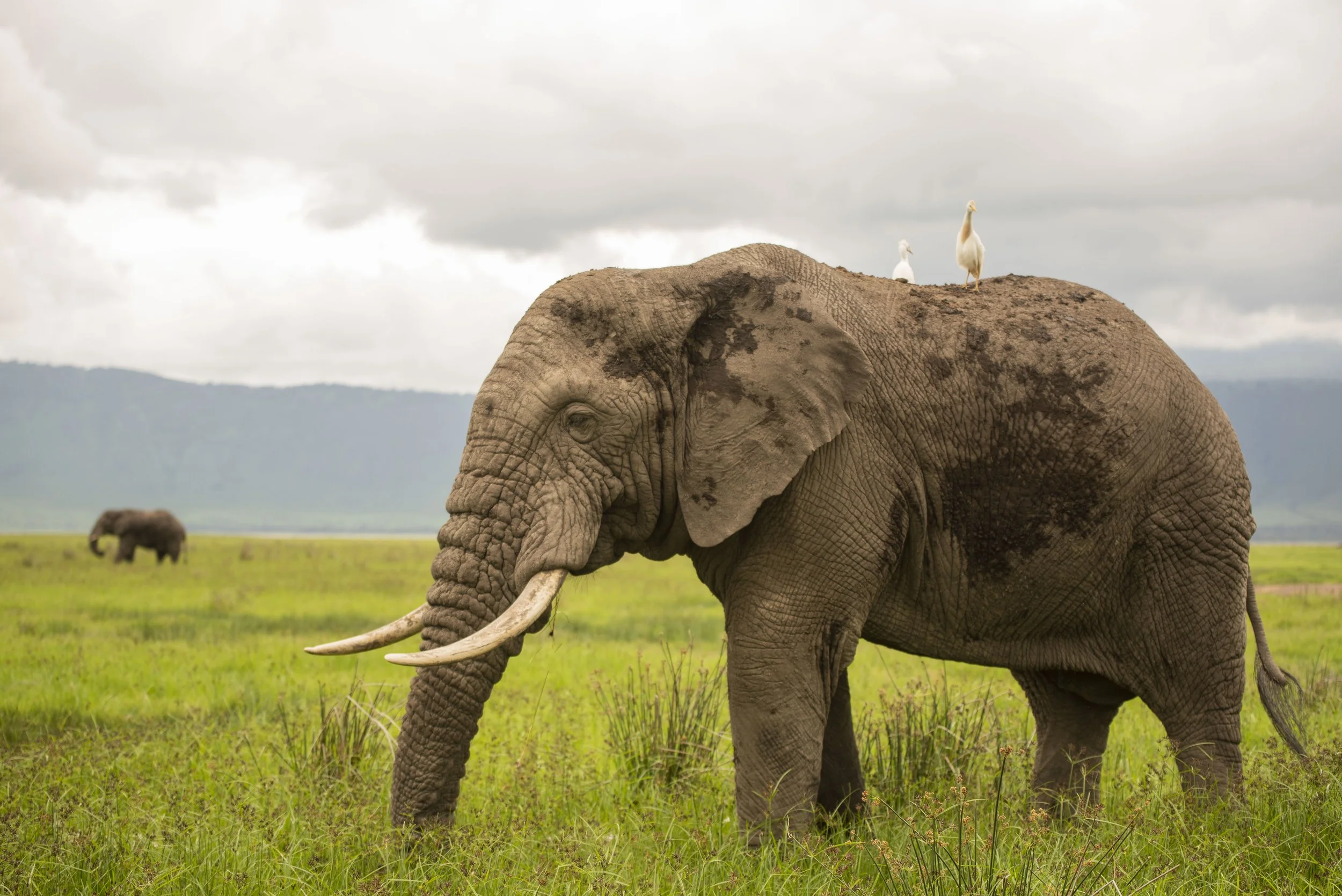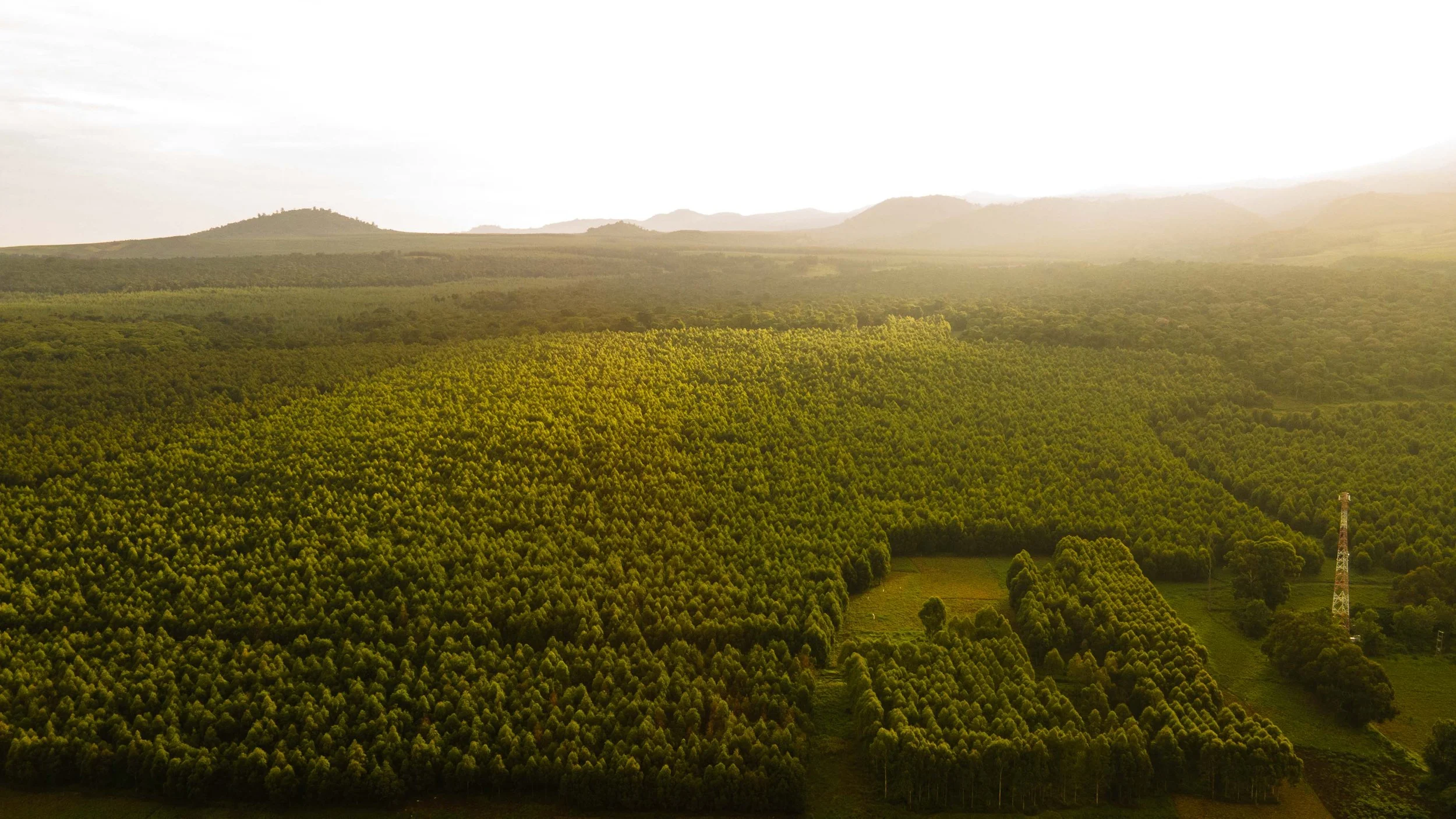
Tanzania Destination Guide
Overview
Tanzania is the ultimate safari destination, home to world-famous national parks, diverse cultures, and pristine beaches. From the endless plains of the Serengeti and the natural wonder of Ngorongoro Crater to the towering peak of Mount Kilimanjaro and the spice-scented island of Zanzibar, Tanzania offers adventure, wildlife, and relaxation all in one journey.
Whether you dream of witnessing the Great Migration, climbing Africa’s highest mountain, or unwinding on the Indian Ocean’s white-sand beaches, Tanzania delivers an unforgettable travel experience.
Experience Tanzania's Top Tours
Tanzania is one of Africa’s premier safari destinations, offering a remarkable mix of breathtaking landscapes, abundant wildlife, and cultural richness. From the vast plains of the Serengeti to the dramatic Ngorongoro Crater and the elephant-filled Tarangire, Tanzania delivers unforgettable safari adventures. The country is also home to the Great Wildebeest Migration, one of the greatest natural spectacles on earth.
Whether you’re seeking a classic game drive, a walking safari, a luxury tented camp experience, or a safari-and-beach combination with Zanzibar, Tanzania has something for every type of traveler.
Safari Highlights in Tanzania
The Serengeti & The Great Migration – Witness millions of wildebeest and zebra move across the plains in search of fresh grazing.
Ngorongoro Crater – Spot the Big Five in the world’s largest volcanic caldera.
Tarangire National Park – Explore landscapes of giant baobab trees and watch huge elephant herds gather along the Tarangire River.
Lake Manyara National Park – Discover tree-climbing lions, pink flamingos, and stunning Rift Valley scenery.
Kilimanjaro & Zanzibar Add-Ons – Combine safari with trekking Africa’s highest peak or relaxing on pristine Indian Ocean beaches.
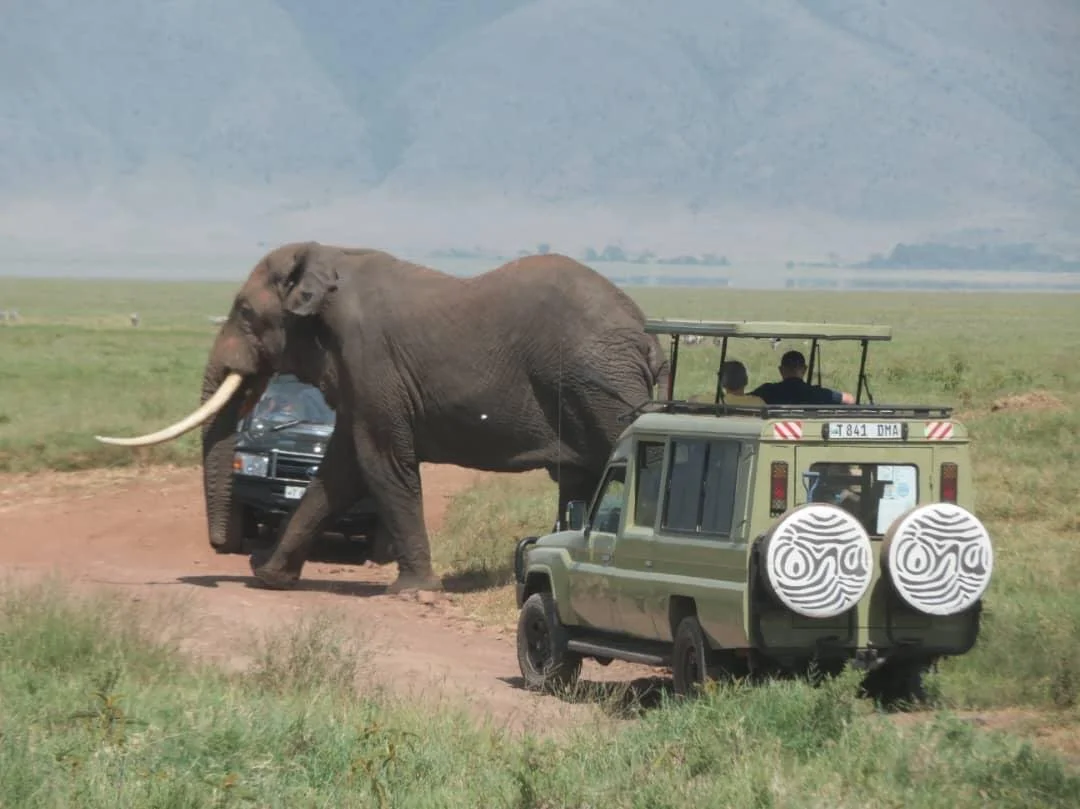
-
A: At least 5–7 days to cover key parks. Many travelers combine safari with 3–5 days in Zanzibar.
-
Yes, but movement changes monthly. June–October: river crossings. December–March: calving season in southern Serengeti.
-
Yes. With guided safaris and reputable operators, Tanzania is safe and welcoming for solo visitors.
-
Yes. Many lodges are family-friendly with activities for kids, though some parks/lodges have age limits.
ALL YOU NEED TO KNOW BEFORE VISITING TANZANIA
Practical Information for Traveling in Tanzania
Visa & Entry Requirements
Visa: Most travelers require a tourist visa, which can be obtained online (e-visa) before travel or on arrival at major airports and land borders.
Validity: Tourist visas are typically valid for 90 days.
Passport: Must be valid for at least 6 months from the date of entry, with at least two blank pages.
East Africa Tourist Visa: For those combining Tanzania with Kenya or Uganda, check if a regional visa applies (though it is usually separate).
Tip: Carry a printed copy of your visa approval if applying online, to present on arrival.
Money & Currency
Currency: Tanzanian Shilling (TZS).
Foreign Currency: US dollars are widely accepted in lodges, national parks, and for tipping. Only newer notes (2009 or later) are accepted.
ATMs: Available in major towns and cities (Arusha, Dar es Salaam, Moshi, Zanzibar). Withdrawals are usually in Tanzanian Shillings.
Credit Cards: Accepted at most lodges, mid-range to luxury hotels, and some shops, though often with a surcharge (3–5%).
Tipping: Customary for safari guides, drivers, and lodge staff. Suggested: $10–20/day per guest for guides; $5–10/day for camp staff.
Language
Official Languages: Swahili and English.
Swahili Basics:
Jambo – Hello
Asante – Thank you
Karibu – Welcome / You’re welcome
Hakuna Matata – No worries
Guides and lodge staff typically speak good English, but using Swahili greetings adds warmth to your interactions.
Health & Safety
Vaccinations:
Yellow Fever: Mandatory if arriving from a yellow fever endemic country.
Recommended: Hepatitis A, Hepatitis B, Typhoid, and routine vaccines (tetanus, polio, measles).
Malaria: Present in most areas—consult your doctor about preventive medication and bring mosquito repellent.
Medical Care: Major cities have hospitals, but remote areas only have basic facilities. Most safari lodges provide first-aid, and evacuation insurance is strongly advised.
Safety: Tanzania is considered safe for travelers, especially on guided safaris. Use standard precautions: avoid isolated areas in cities at night, keep valuables secure, and respect local customs.
Travel Tips
Booking: Reserve safaris 6–12 months in advance for peak season (June–October, December–February).
All-Inclusive Safaris: Most packages cover accommodation, meals, park entry fees, and game drives. Extras include tips, drinks, and optional activities (balloon safaris, cultural tours).
Electricity: Tanzania uses Type D & G plugs, 230V supply. Many lodges offer charging stations.
Connectivity: Wi-Fi is available in most lodges, but expect limited or slow connections in remote areas. Enjoy the digital detox!
Photography: Always ask before photographing local people. Drones are restricted in national parks.
Cultural Respect: Tanzanians are warm and friendly. Dress modestly in towns and villages—especially on Zanzibar where the population is predominantly Muslim.

